
OR
U.S. charges China's Huawei with conspiring to violate Iran sanctions
Published On: January 29, 2019 09:30 AM NPT By: Reuters
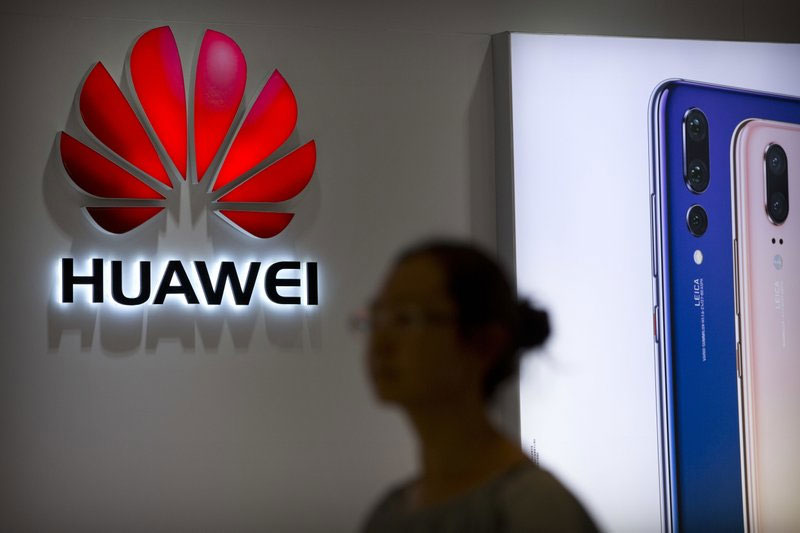
WASHINGTON, Jan 29: The United States on Monday announced criminal charges against China’s Huawei Technologies Co Ltd, escalating a fight with the world’s biggest telecommunications equipment maker and coming days before trade talks between Washington and Beijing.
The Justice Department charged Huawei and its chief financial officer Meng Wanzhou with conspiring to violate U.S. sanctions on Iran by doing business with Tehran through a subsidiary it tried to hide and that was reported on by Reuters in 2012 and 2013.
In a separate case, the Justice Department said Huawei stole robotic technology from carrier T-Mobile US Inc. Huawei has said that the two companies settled their disputes in 2017.
Meng, who is the daughter of Huawei’s founder, was arrested in Canada in December and is fighting extradition to the United States. The charges against Meng, which include bank and wire fraud, were not unsealed until Monday.
Her arrest enraged China, which responded by arresting two Canadians on national security grounds.
Beijing and Washington are engaging in high-level talks this week as part of negotiations intended to walk back trade tensions between the globe’s two largest economies.
U.S. Commerce Secretary Wilbur Ross said the Huawei charges are “wholly separate” from the trade negotiations.
U.S. authorities accuse Meng of playing a lead role in the scheme to use a subsidiary to conduct business in Iran in violation of U.S. sanctions against Tehran.
Meng has said that she is innocent and Huawei did not respond to requests for comment on the charges announced Monday.
President Donald Trump said in December he could intervene in the case if it would serve national security interests or help close a trade deal with China.
The Trump administration is trying to prevent American companies from buying Huawei routers and switches and pressing allies to do the same. U.S. security experts are concerned that the equipment could be used to spy on the United States.
Huawei’s founder, Ren Zhengfei, denies his company’s products would be used by the Chinese government to spy.
CHINA TENSIONS
The charges against Meng and Huawei cite stories from Reuters in 2012 and 2013 that said Huawei’s Skycom unit had sought to sell goods to Iran in violation of U.S. laws.
The indictment noted that the denials from Huawei in the stories were relied upon by financial institutions “in determining whether to continue their banking relationships with Huawei and its subsidiaries.”
Also according to the indictment, in July 2007, the FBI interviewed Huawei founder Ren and U.S. authorities say he falsely told them Huawei did not violate U.S. export laws.
In August 2013, Meng met with an executive from one bank, which is not identified in the indictment. Sources said the bank is HSBC Holdings Plc, which paid $1.92 billion in 2012 for violating U.S. anti-money-laundering and sanctions laws.
During the meeting, Meng used a PowerPoint presentation that misrepresented Huawei operations in Iran and ownership and control of Skycom, according to the indictment.
If the banks knew about Huawei’s violations of Iranian sanctions, they would have “reevaluated their banking relationships with Huawei,” which included U.S. dollar and Euro clearing.
The Justice Department has confirmed that HSBC is not under investigation in this case, HSBC said in a statement last month.
Senator Mark Warner, a Democrat and the vice chairman of the Senate Select Committee on Intelligence, praised the charges brought on Monday. “It has been clear for some time that Huawei poses a threat to our national security, and I applaud the Trump administration for taking steps to finally hold the company accountable,” he said.
Warner has been active in congressional efforts to address technology threats from China, and introduced a bill in January to create a White House office to fight state-sponsored technology theft and defend critical supply chains.
FBI Director Christopher Wray said the Huawei cases, which were filed in New York and Washington state, “expose Huawei’s brazen and persistent actions to exploit American companies and financial institutions, and to threaten the free and fair global marketplace.”
He also said he is concerned about Huawei devices in U.S. telecommunications networks. “That kind of access could give a foreign government the capacity to maliciously modify or steal information, conduct undetected espionage, or exert pressure or control.”
Acting Attorney General Matthew Whitaker said the alleged criminal activity at Huawei “goes back at least 10 years and goes all the way to the top of the company.”
You May Like This
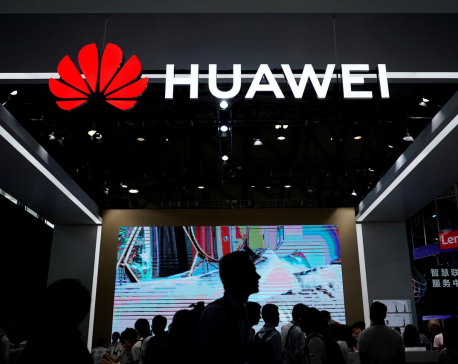
China endorses Huawei legal defense against US ‘suppression’
BEIJING, March 8: China’s foreign minister has endorsed tech giant Huawei’s legal fights with the U.S. government, saying Chinese companies... Read More...
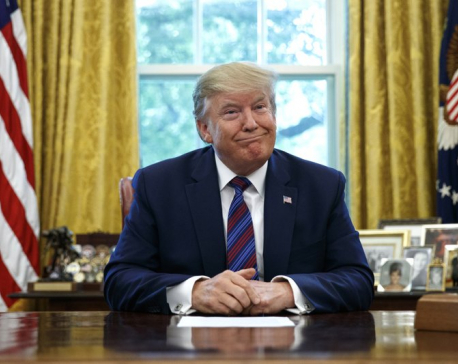
US presses WTO to stop lenient trade treatment of China
WASHINGTON, July 27: President Donald Trump pressed the World Trade Organization on Friday to stop letting China and other economies receive... Read More...
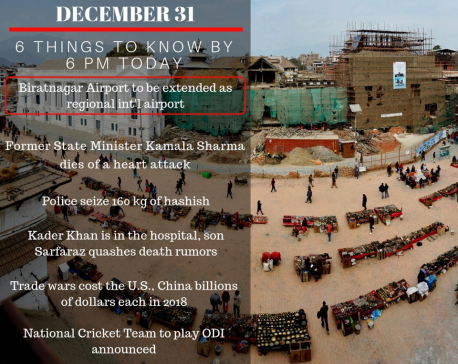
Dec 31: 6 things to know by 6 PM today
Your daily dose of missed important news of the day. ... Read More...

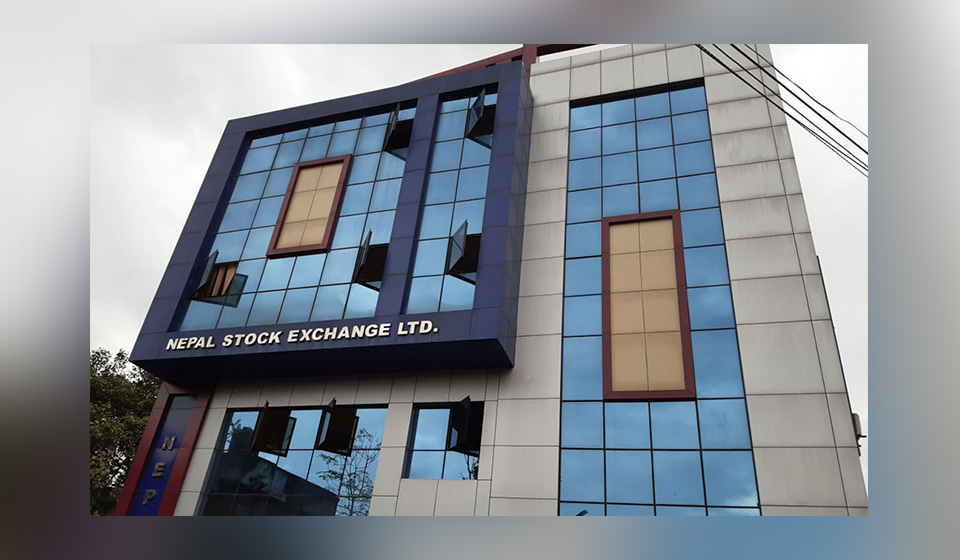

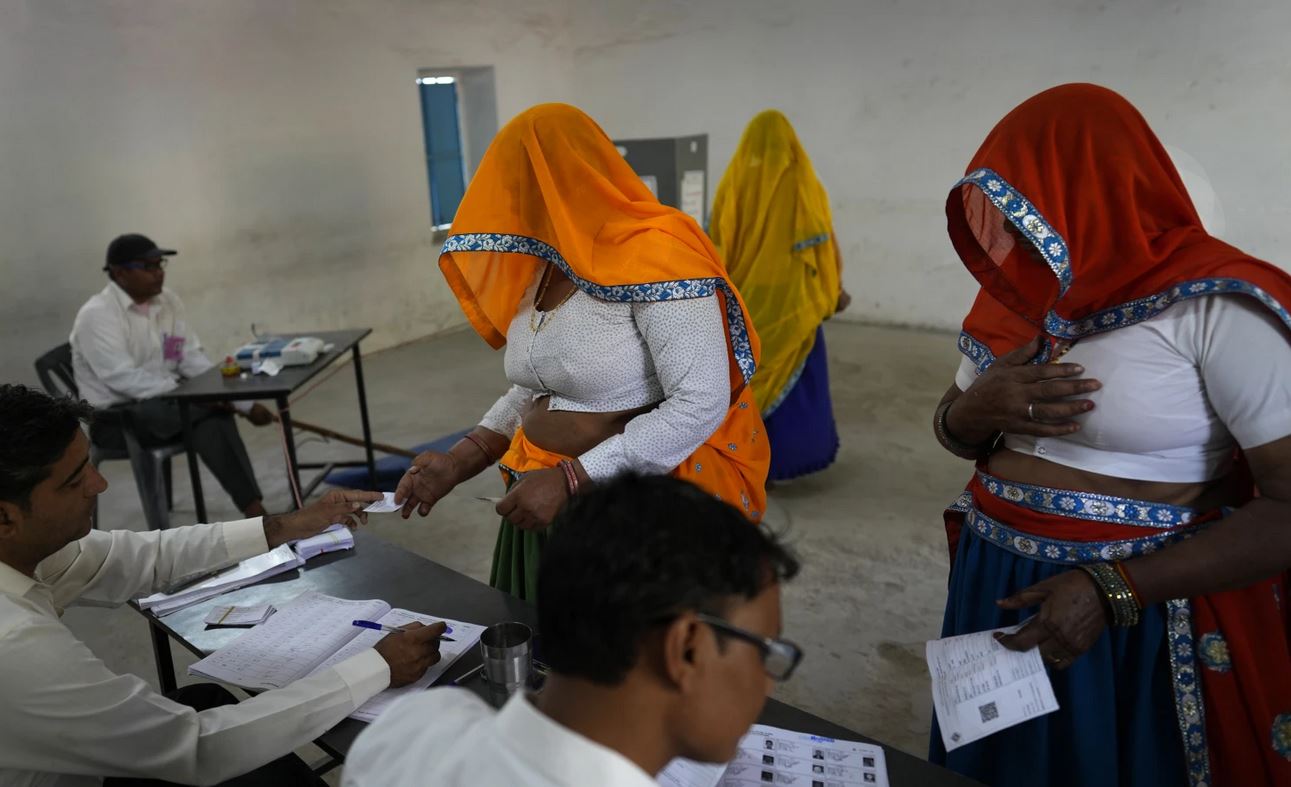

Just In
- NEPSE lost 53.16 points, while investors lost Rs 85 billion from shares trading last week
- Rainbow tourism int'l conference kicks off
- Over 200,000 devotees throng Maha Kumbha Mela at Barahakshetra
- Indians vote in the first phase of the world’s largest election as Modi seeks a third term
- Kushal Dixit selected for London Marathon
- Nepal faces Hong Kong today for ACC Emerging Teams Asia Cup
- 286 new industries registered in Nepal in first nine months of current FY, attracting Rs 165 billion investment
- UML's National Convention Representatives Council meeting today





_20220508065243.jpg)







Leave A Comment